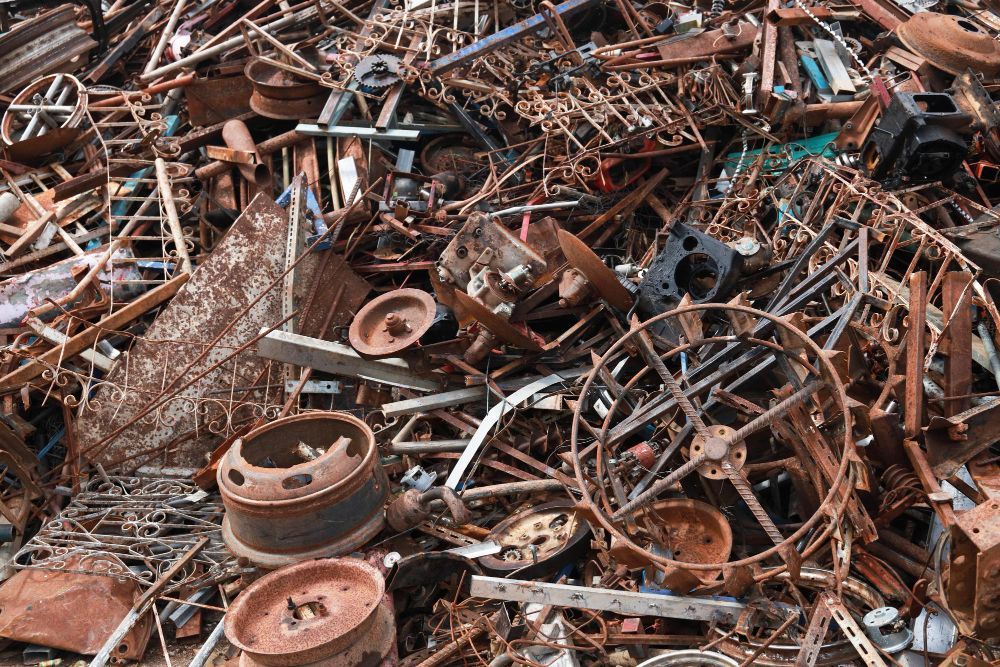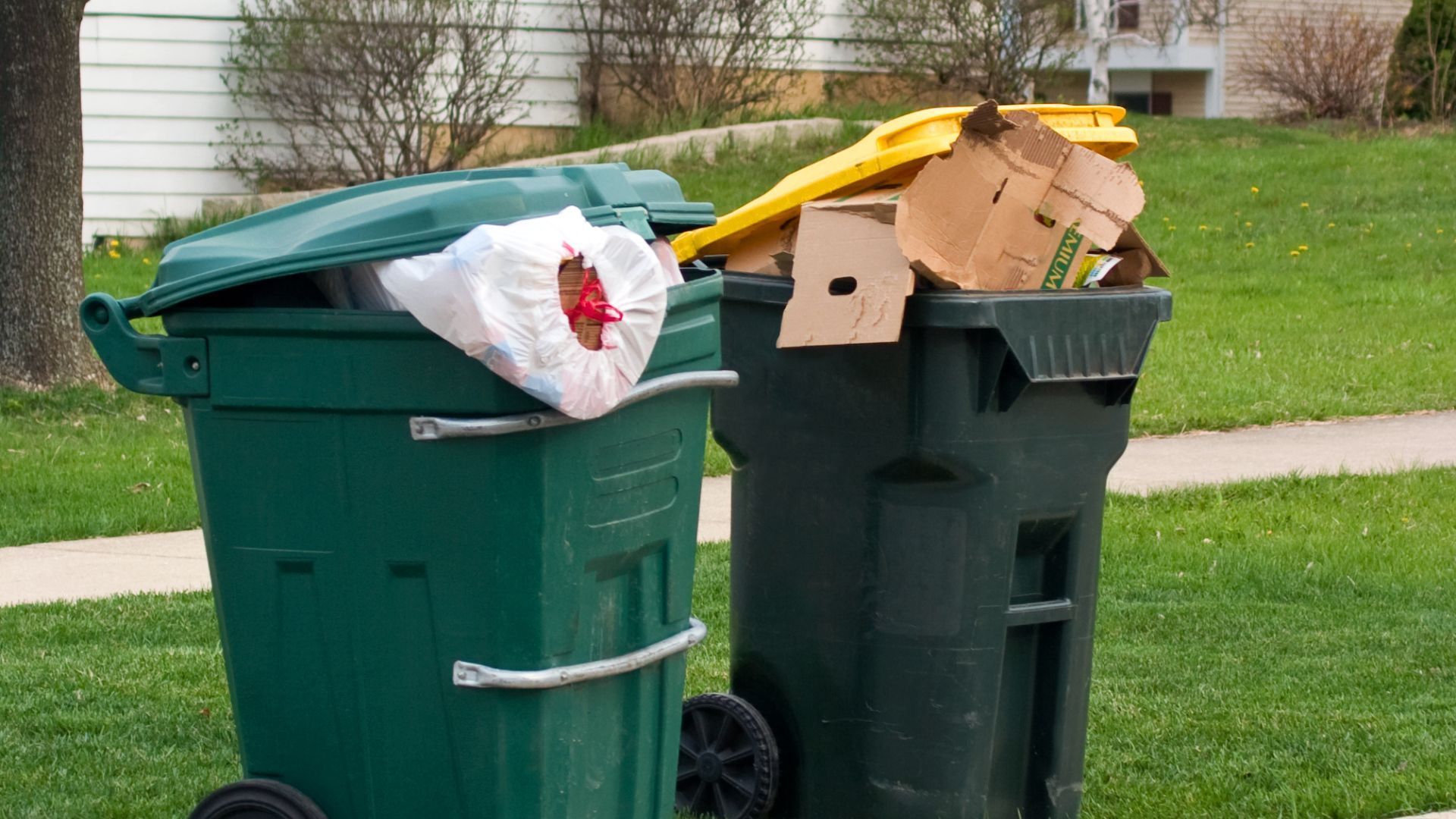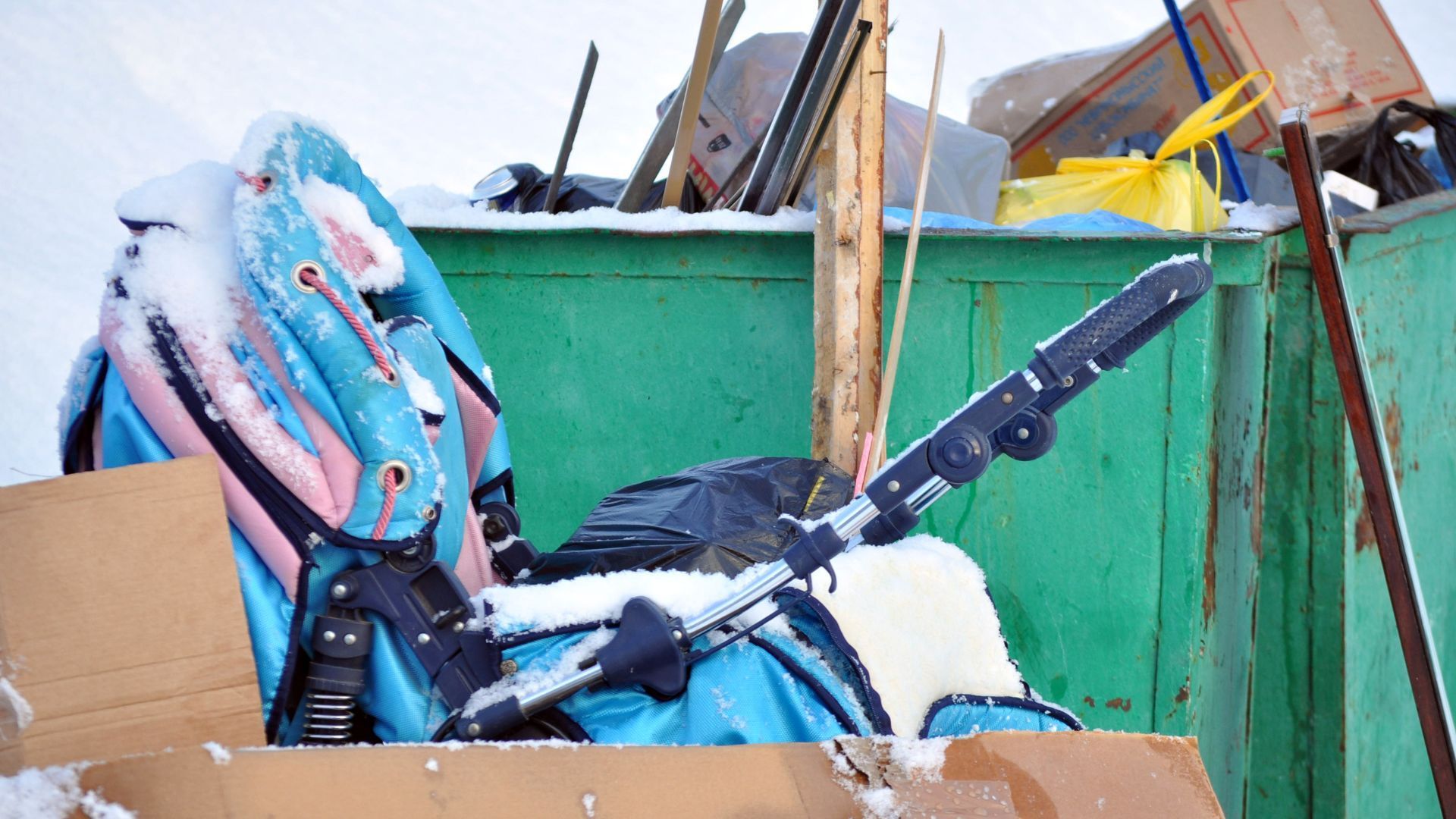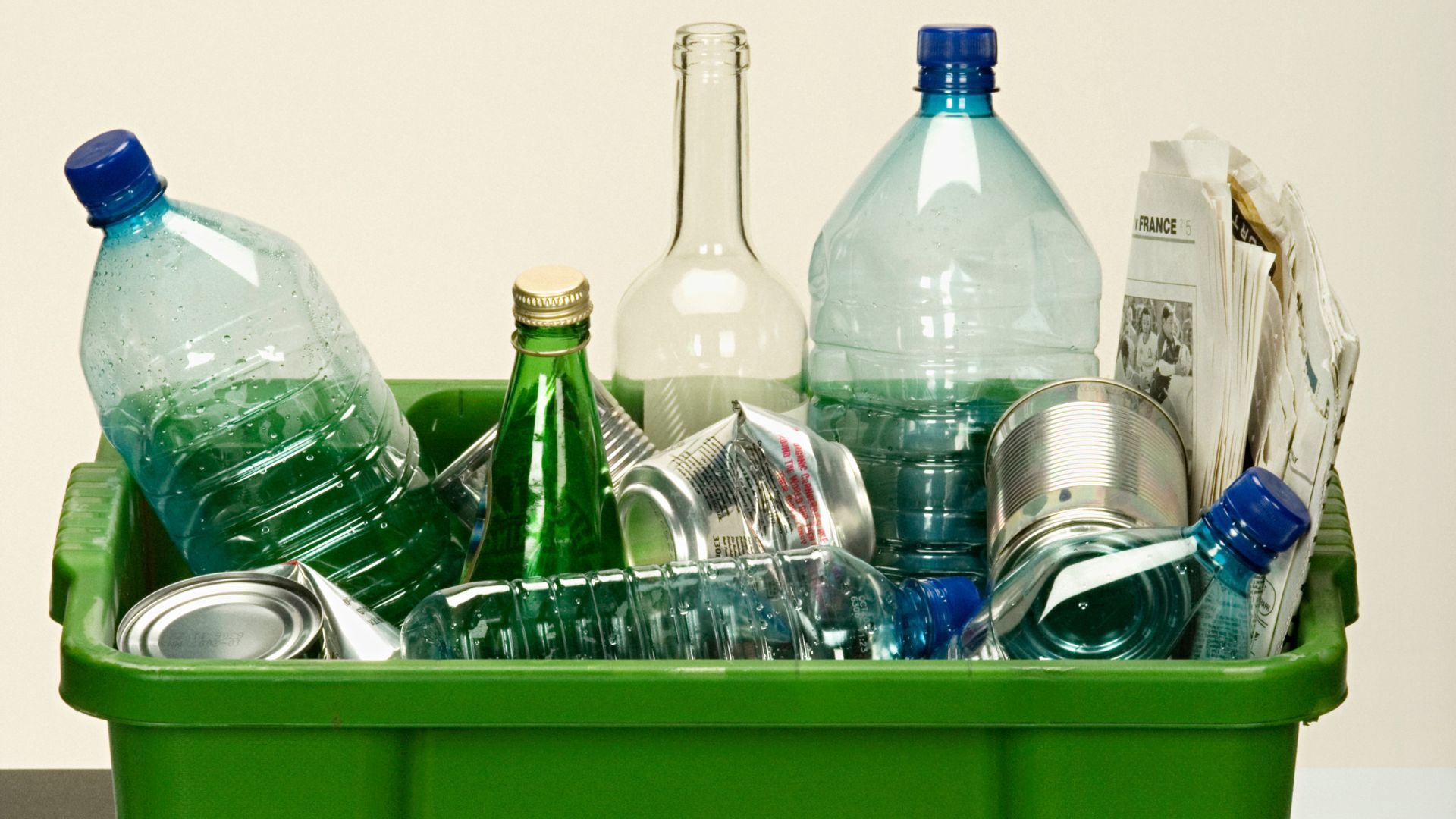How Scrap Metal Augusta Helps Boost Global Sustainability
Every time a piece of metal is scrapped, it begins a journey—a transformation that reverberates globally. Far from being mere refuse, discarded metal holds untapped potential. An unassuming appliance or old fence, when collected and processed through a responsible scrap-metal pipeline, becomes a key player in reducing carbon emissions, conserving energy, and preserving finite natural resources.
In Augusta, where scrap metal flows through dedicated collection services, this transformation is particularly meaningful. Instead of relegating metal waste to overflowing landfills, scrap becomes raw material for recycling. That ripple effect extends beyond city limits: fewer mines are needed, less energy is consumed, and pollution—both airborne and in water—diminishes. Locally sourced materials thus contribute to a larger, worldwide green movement.
A Tangible Global Benefit
Recycling metal isn’t just environmentally friendly—it’s dramatically efficient. Extracting new aluminum, for example, consumes roughly 90% more energy than recycling used aluminum. Steel, too, enjoys significant savings—requiring about 60–70% less energy when recycled rather than freshly smelted.
What does this mean in numbers? Imagine a community like Augusta channeling its scrap metal into energy-efficient recycling. That translated energy savings could power thousands of homes annually. Globally, if each community embraced robust metal recycling, the compounded energy saved would equal the electricity needs of entire nations. It isn’t a wild dream—it’s the cumulative truth of countless metal pieces repurposed instead of newly mined.
Landfill Avoidance: Slowing the Clock on Resource Depletion
w the clock on global resource depletion. Each recovered piece means one less trip to a mine, one less scar on a mountainside, and fewer trees felled to access ore-rich ground.
This process not only safeguards raw materials but also reduces environmental degradation caused by mining and processing. It’s a small, consistent act of preservation that adds up to significant long-term impact—proof that smart local recycling choices can reshape global sustainability outcomes.Landfills are more than unsightly plots tucked out of public view—they’re ticking environmental time bombs.
When metals are discarded into these massive burial grounds, they don't simply vanish with time. Instead, they sit inert for centuries, gradually leaching toxic substances into surrounding soil and water systems, posing real threats to ecosystems and human health. These aren't just discarded materials—they’re lost opportunities. Every pound of metal buried is a missed chance to reuse, repurpose, and preserve what remains of our finite natural resources.
Augusta’s scrap metal collection services offer a crucial counterbalance to this trend. By diverting tons of steel, aluminum, and other valuable metals away from landfills, they help slo
Curbing Emissions at Every Stage
Extracting metal from the earth is one of the most energy-intensive industrial processes on the planet. From the moment mining equipment fires up to dig through rock and soil, to the high-temperature smelting required to refine ore, greenhouse gases are released in heavy volumes. The environmental toll is massive, with CO₂ emissions rising at every stage of production. Recycling, on the other hand, bypasses many of these high-emission steps and offers a significantly cleaner alternative.
In Augusta, when scrap metal is routed into modern recycling facilities, the environmental benefits begin to unfold immediately. The demand for mining operations decreases, resulting in fewer diesel-guzzling trucks and fewer processing plants burning fossil fuels. This leads to a marked reduction in carbon emissions—locally and globally. Products created with recycled content carry a much lighter carbon footprint, which has ripple effects across entire industries. As more manufacturers opt for recycled metals, they not only save costs but also play a vital role in combating climate change.

Cutting Water Pollution and Toxic Runoff
The environmental impact of metal mining extends far beyond the pit. Traditional mining and smelting processes often produce vast quantities of chemical-laden runoff—contaminants like sulfuric acid, cyanide, and heavy metals that leach into surrounding ecosystems. These toxins don’t stay confined to the extraction site. They seep into groundwater, flow into rivers, and saturate the soil, poisoning crops, drinking supplies, and aquatic life. Entire communities and ecosystems downstream suffer long-term consequences from these pollutants, many of which linger in the environment for decades.
Augusta’s commitment to scrap metal recycling offers a vital alternative. By rerouting metal waste away from mining-intensive supply chains, the region helps break the cycle of water pollution before it begins. Recycled metal is typically processed in controlled environments that use closed-loop water systems and advanced filtration, minimizing the risk of contamination. No
Advancing a Circular Economy
The old model of “take, make, toss” is steadily fading as society pivots toward sustainability. In its place, a circular economy is gaining ground—one where materials are reused, repaired, repurposed, and reintegrated into production instead of being discarded. At the core of this new economic vision lies scrap metal recovery, a seemingly humble industry that plays an outsized role in global change.
In Augusta, scrap metal collection services are helping build this future. From industrial shavings and construction beams to discarded appliances and household fixtures, these operations intercept waste before it hits the landfill. Rather than being buried or ignored, these materials are redirected back into the economy as valuable raw inputs. That simple shift supports manufacturers with sustainable supply chains, keeps local dollars circulating, and reduces reliance on newly mined resources.
The result is a dynamic system where waste isn’t the end of the story—it’s the beginning of something new. Augusta’s commitment to this model offers a powerful example of how communities can lead the charge toward long-term environmental health, economic vitality, and a more resource-resilient future.
Boosting Manufacturing and Innovation
Recycled metal isn't merely a cost-effective substitute—it’s a high-performance material that powers innovation across multiple industries. Unlike some recycled goods that suffer in quality, metals maintain their core properties, and often, the processed version rivals or even surpasses virgin material in consistency. Foundries across the globe rely heavily on recycled aluminum for casting, steel mills incorporate high volumes of scrap in their production lines, and electronics manufacturers count on recovered copper to meet the demands of modern circuitry. The reliability of recycled metal helps drive design breakthroughs—allowing engineers to develop lighter, stronger, and more energy-efficient products without sacrificing quality or durability.
In Augusta, this process takes on added significance. When local scrap is collected and processed with precision, it doesn’t just stay local—it enters a global arena. Manufacturers around the world tap into these recycled streams, and as a result, Augusta’s recyclers become essential contributors to international supply chains.
Reducing Ocean-Bound Plastic and Electronic Pollution
Scrap metal may be the star of recycling efforts, but it rarely travels alone. Mixed in with industrial loads and household discards are electronics—routers, laptops, gaming consoles, and kitchen gadgets—that carry not just plastic and glass, but precious metals and potentially hazardous materials. These items contain components like printed circuit boards, lithium batteries, and mercury switches, all of which pose serious environmental threats if mishandled. In Augusta, the focus on responsible sorting ensures that these electronics don’t slip through the cracks.
At local facilities, trained crews separate e-waste from metal scrap, diverting it to specialized recycling centers that meet international safety and environmental standards. This meticulous process protects both local ecosystems and communities abroad. When electronics are kept out of landfills, it prevents toxins like lead and cadmium from leaching into soil and contaminating water supplies. Just as importantly, it helps curb the export of hazardous e-waste to developing nations, where unsafe disposal practices can devastate fragile environments.
The Human Story Behind Each Metal Piece
Every discarded bracket, crumpled can, or rusted beam carries a silent narrative—a past use, a forgotten purpose, a once-crucial role in someone’s everyday life. When a bin overflows or a piece of scrap clangs onto the sorting floor, it may appear to be just another throwaway moment. But in reality, it marks the beginning of a powerful transformation. That seemingly useless item is destined to be reborn—melted down into a molten stream, reformed into sleek automotive parts, solid infrastructure, or even precision-crafted appliances. Each recycled piece is part of a longer cycle, and behind every cycle is a story of effort, intention, and renewal.
In Augusta, scrap metal services represent far more than a simple collection of junk—they embody a vision of reimagining waste into resource. These operations breathe new life into discarded matter, reawakening potential that many overlook. From the steel in towering buildings to the metal tracks that carry freight across states, the humble scrap becomes essential again. It's not just recycling—it’s reclaiming the human spirit of ingenuity, adaptability, and purpose behind every piece of metal.
Conclusion
Through careful sorting, responsible collection practices, and strong partnerships with downstream recyclers, Augusta’s scrap metal industry proves that even local efforts can generate widespread global impact. It’s more than just recycling—it’s a deliberate commitment to conserving energy, protecting ecosystems, and strengthening economic systems both locally and beyond. Every piece of scrap processed with care contributes to a ripple effect that supports sustainability on multiple levels. This kind of thoughtful environmental stewardship shows how communities can play a key role in building a greener future, one load of metal at a time. Whether it’s an old appliance, construction debris, or industrial waste, proper scrap disposal prevents pollution, reduces landfill use, and preserves resources that would otherwise be lost to careless handling.
If you’re looking for an eco-conscious and dependable solution for scrap metal disposal in Augusta, GA, Hinkins Disposal is your trusted local partner. With a commitment to environmentally sound practices and efficient service, they are fully equipped to handle your scrap needs. To schedule a pickup or learn more, contact Hinkins Disposal at (706) 885‑4032 or email Hinkinsdisposal@gmail.com. Let your scrap make a positive difference.




